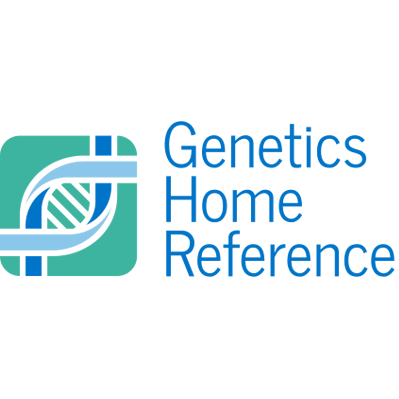
Hypertension is abnormally high blood pressure in the arteries, which are the blood vessels that carry blood from the to the rest of the body. As the heart beats, it forces blood through the arteries to deliver nutrients and oxygen to the rest of the body. The strength of the blood pushing against the artery walls is blood pressure, which is measured in units called millimeters of mercury (mmHg). The top number in a blood pressure reading is the pressure when the heart pumps (systolic blood pressure), and the bottom number is the pressure between heart beats (diastolic blood pressure). In adults, a normal blood pressure measurement is about 120/80 mmHg. Blood pressure is considered high when the measurement is 130/80 mmHg or greater.
Hypertension usually has no symptoms, and many affected individuals do not know they have the condition. However, hypertension is a major risk factor for heart disease, stroke, kidney failure, and eye problems. When blood pressure is elevated, the heart and arteries have to work harder than normal to pump blood through the body. The extra work thickens the muscles of the heart and arteries and hardens or damages artery walls. As a result, the flow of blood and oxygen to the heart and other organs is reduced. Damage to the heart caused by the extra work and a lack of oxygen causes heart disease. In addition, damage to the arteries increases the risk of blood clots that block the flow of blood to the heart, causing a heart attack, or to the brain, causing a type of stroke known as an . Another type of stroke, called a , can occur when a weakened blood vessel in the brain bursts. Damage to impairs their ability to filter waste and remove fluid, leading to kidney failure. Problems with blood flow in the arteries of the eyes can lead to vision loss.
In rare cases, dangerously high blood pressure can cause severe headaches, confusion, shortness of breath, chest pain, or nosebleeds.
In about 95 percent of cases, the cause of hypertension is unknown. These cases are classified as essential hypertension. When hypertension results from an underlying condition, such as blood vessel defects that reduce blood flow; kidney disorders, which alter the amount of fluids and salts in the body; or problems with hormone-producing glands called the or the , it is classified as secondary hypertension. Hypertension is a key feature of some rare genetic disorders, including familial hyperaldosteronism, pseudohypoaldosteronism type 2, Liddle syndrome, Bartter syndrome, Gitelman syndrome, and tumors known as paragangliomas.
